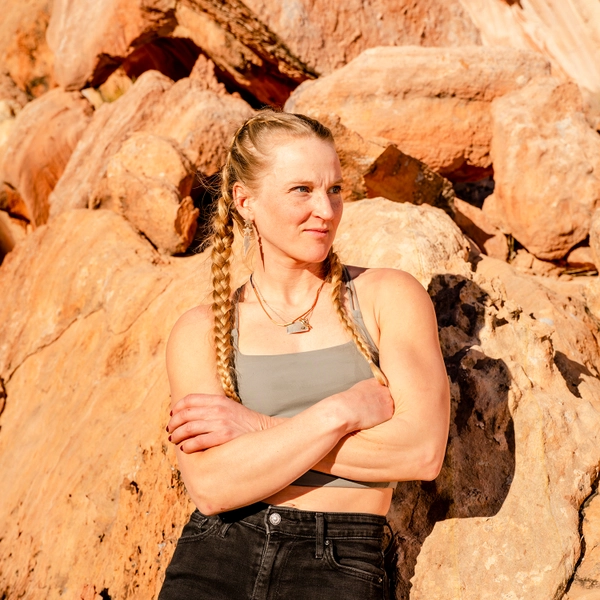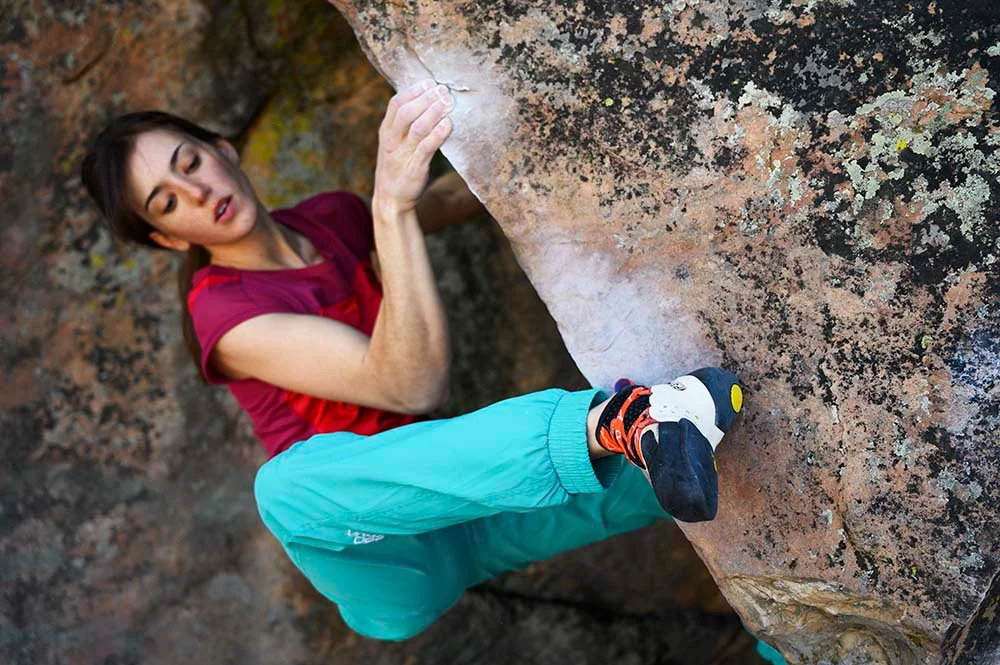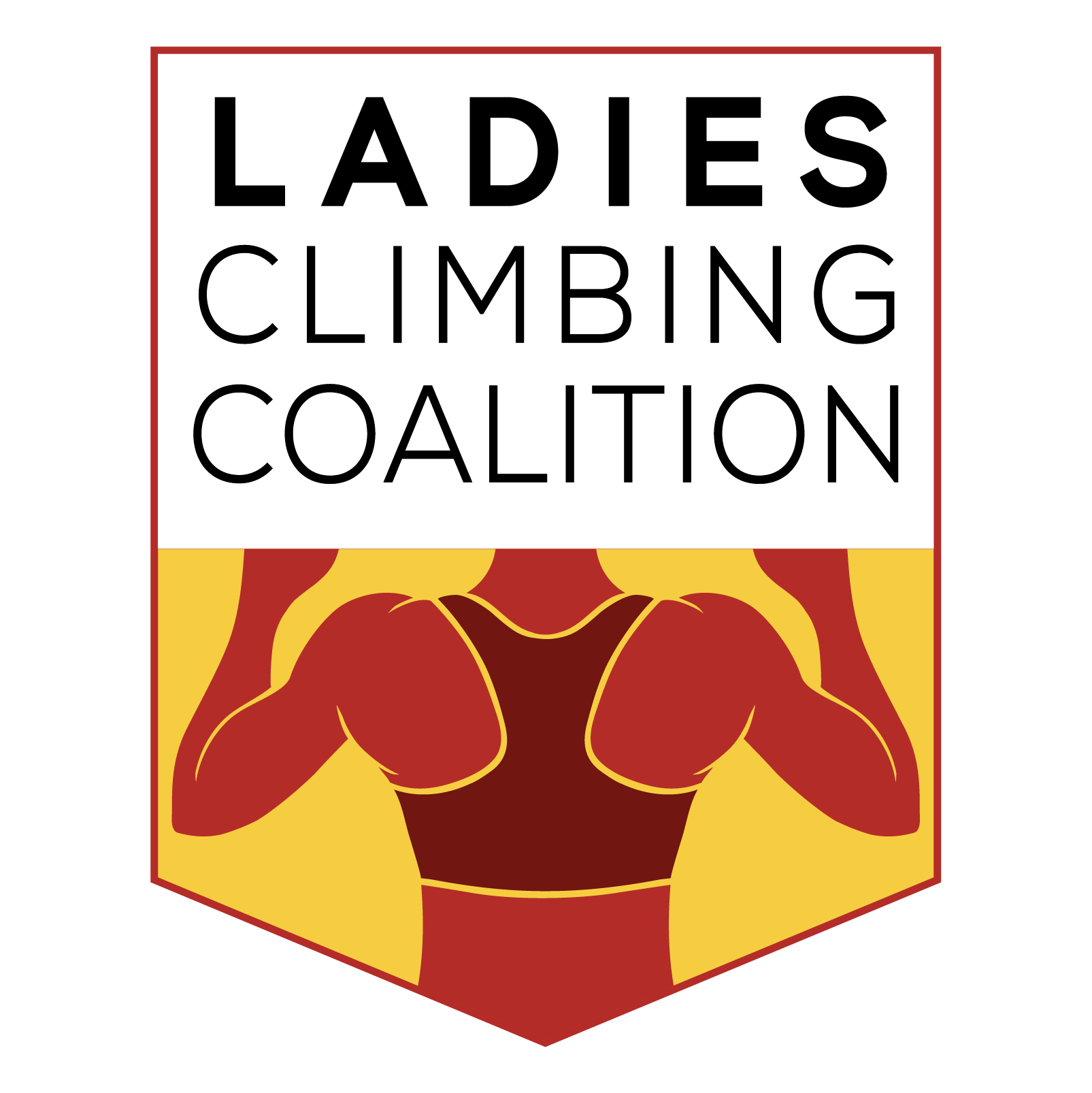29 Aug Fueling the Send
“I lost fifteen pounds in three days,” someone at the crag was saying. “I went to the gym and I just floated up everything. I hadn’t even been climbing, but I was sending harder than ever.” Ugh, I thought, as I racked up for my route. I wish I hadn’t heard that.
Comments like this are pervasive in the climbing community. On the whole, we’ve come a long way from the early days. There’s more examples of body diversity in climbing, and many high-profile people in the community have spoken out about their struggles with body image and eating.
But even so, comments that imply that lighter is better, that weight loss would help, persist. I’ve heard many people blame their lack of sending on “extra” weight, or chalk a kid’s ability up to their strength to weight ratio.

But even so, comments that imply that lighter is better, that weight loss would help, persist. I’ve heard many people blame their lack of sending on “extra” weight, or chalk a kid’s ability up to their strength to weight ratio.
For people who’ve never struggled with disordered eating or serious body image issues, these comments may not seem like a big deal. But disordered eating is prevalent in the climbing community: one recent study found that over 6% of male climbers and nearly 17% of female climbers report disordered eating patterns, numbers significantly higher than the general population. For body image struggles, the numbers are likely even higher.
I struggled with a serious eating disorder nearly ten years ago, and I’ve worked hard to repair my relationship with food and my body throughout the past decade. I’m in a much better place now, but comments that may seem harmless to someone else often stick in my mind. If you’ve never struggled with your mental health around food or your body, please be conscientious that others around you might. Commenting on others’ food choices or their bodies (or your own) is rarely helpful and it’s usually better to avoid these types of comments altogether.
And if you are struggling with these issues, seek out climbing environments that feel healthy and supportive. If comments like these do arise, don’t feel bad disregarding them. Recent evidence even suggests that weight does not correlate to climbing performance. Plus, we know that long-term calorie restriction is unhealthy: it leads to impaired recovery, fatigue, and strength decreases, all of which will negatively impact both your climbing performance as well as your overall quality of life.
The bottom line: it’s never worth harming your health in an attempt to climb a grade or two harder. Food gives you the physical energy you need to train, and the mental energy you need to focus, try hard, and hone your technique!

